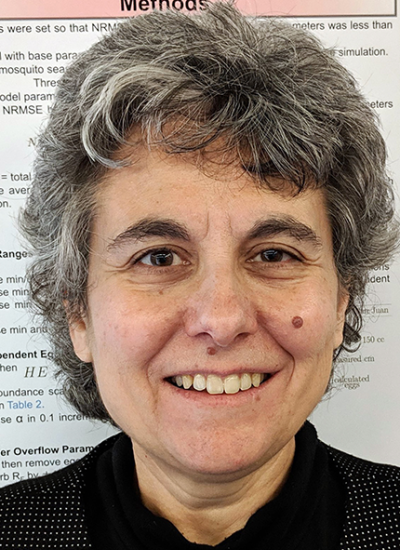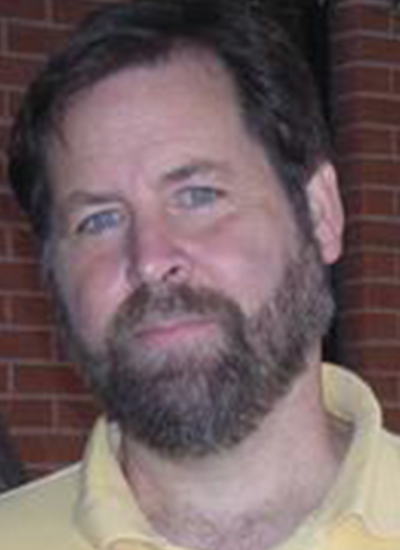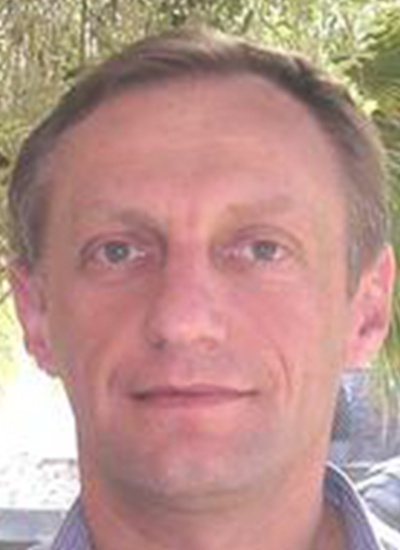Walter W. Piegorsch, Ph.D., PStat, is a Professor of Mathematics and the Director of Statistical Research & Education at the University of Arizona’s BIO5 Institute. He is also a Professor of Public Health and a Member (and former Chair) of the University’s Graduate Interdisciplinary Program in Statistics. Dr. Piegorsch studies data science for environmental and public health applications, with emphasis on environmental risk assessment and informatics for precision medicine. He has developed new bioinformatic methods for identifying differentially expressed genetic pathways with single-subject data, and he currently leads a team developing statistical methods for estimating benchmark dose markers in environmental risk assessment. This latter research has been funded by the U.S. National Institute of Environmental Health Sciences, the U.S. Environmental Protection Agency, and the U.S. National Cancer Institute. He also has constructed statistical models for data from transgenic bio-technologies, developed guidelines for the design of bioassays in select transgenic animal systems, and has proposed retrospective designs for analyzing gene-environment and gene-nutrient interactions in human population studies. Dr. Piegorsch’s work has led to over 200 journal articles and book chapters, five books, and he has served as Editor for two scientific encyclopedias. Dr. Piegorsch has held a number of professional positions, including Chairman of the American Statistical Association Section on Statistics & the Environment (2004) and election to the Council of the International Biometric Society (2002-2005). From 2010-2019 he served as Editor-in-Chief of Environmetrics, the oldest scientific journal publishing on the development and application of quantitative methods in the environmental sciences. He also has served as Joint-Editor of the Journal of the American Statistical Association (Theory & Methods Section), and as a member of many journal editorial boards, including Environmental and Ecological Statistics, Environmental and Molecular Mutagenesis, Mutation Research, and Biometrics. Dr. Piegorsch has been honored as a Fellow of the American Statistical Association, a Member (by Election) of the International Statistical Institute, and has received the Distinguished Achievement Medal of the American Statistical Association Section on Statistics and the Environment. Keywords: "statistics", "data analytics", "environmetrics", "quantitative risk assessment"





